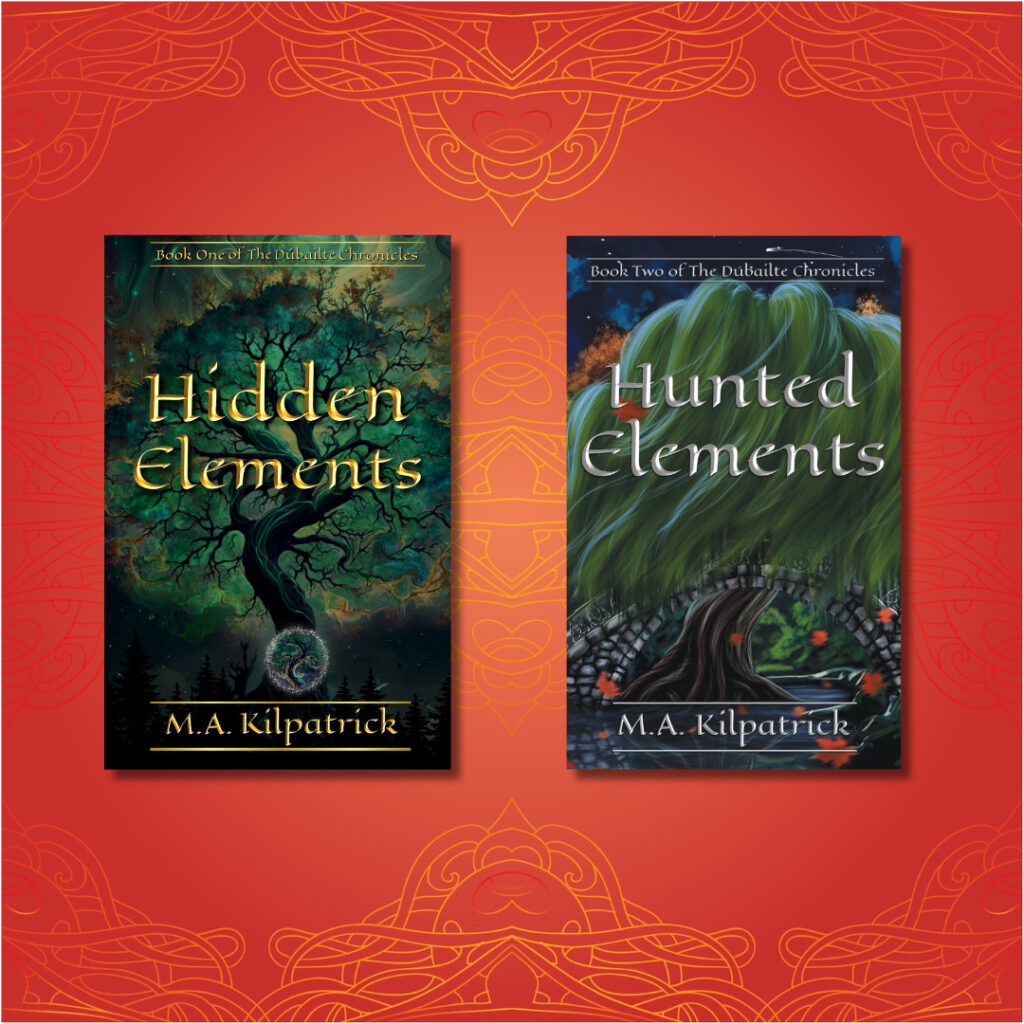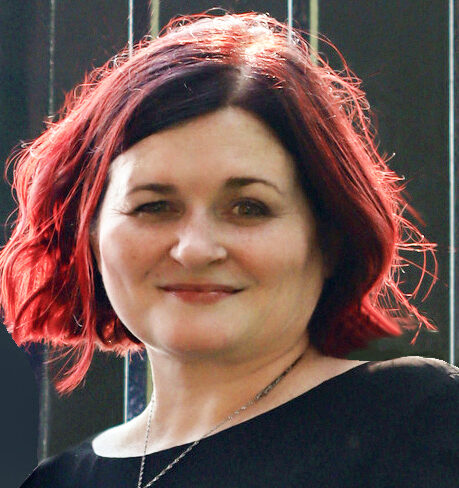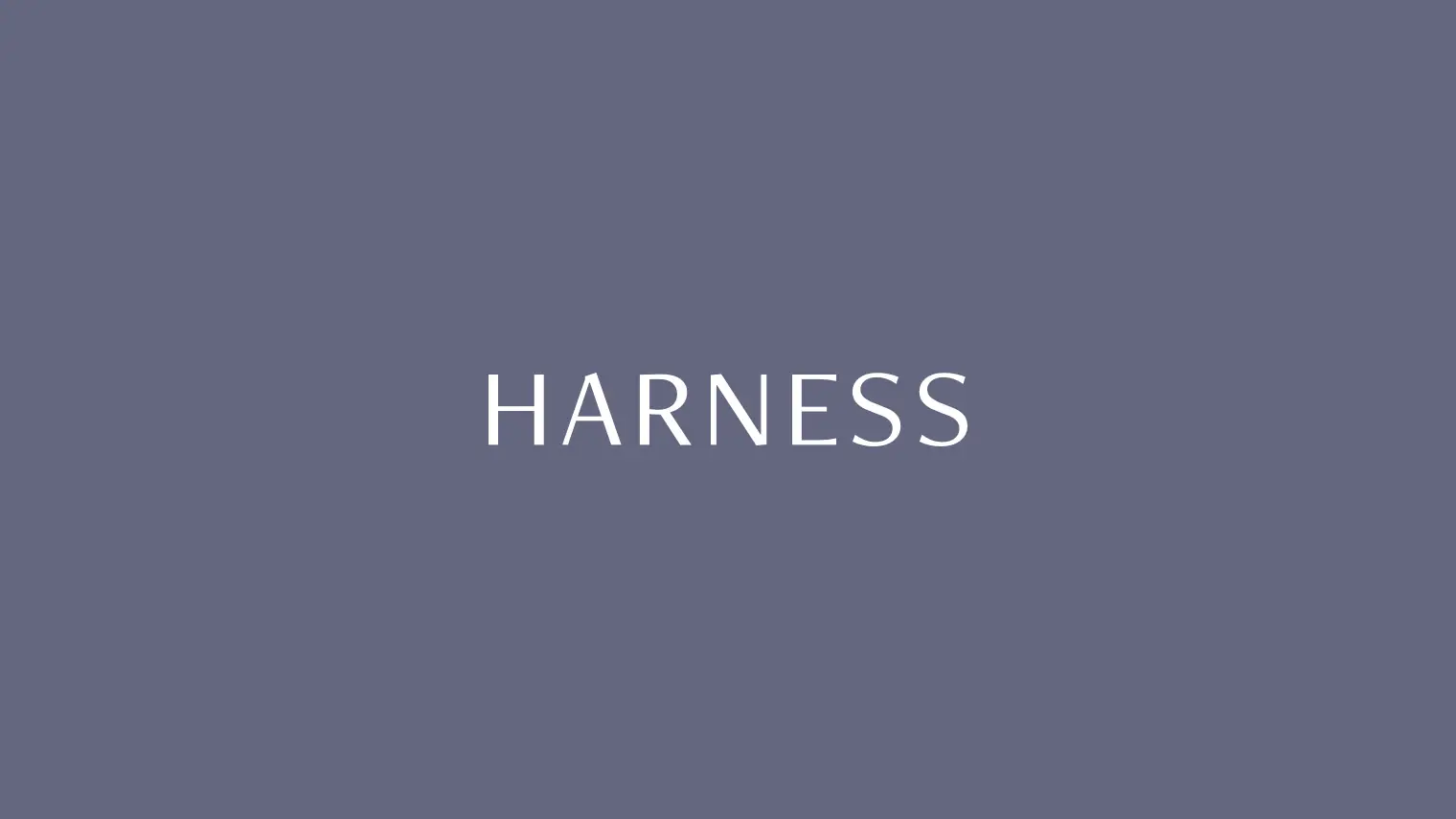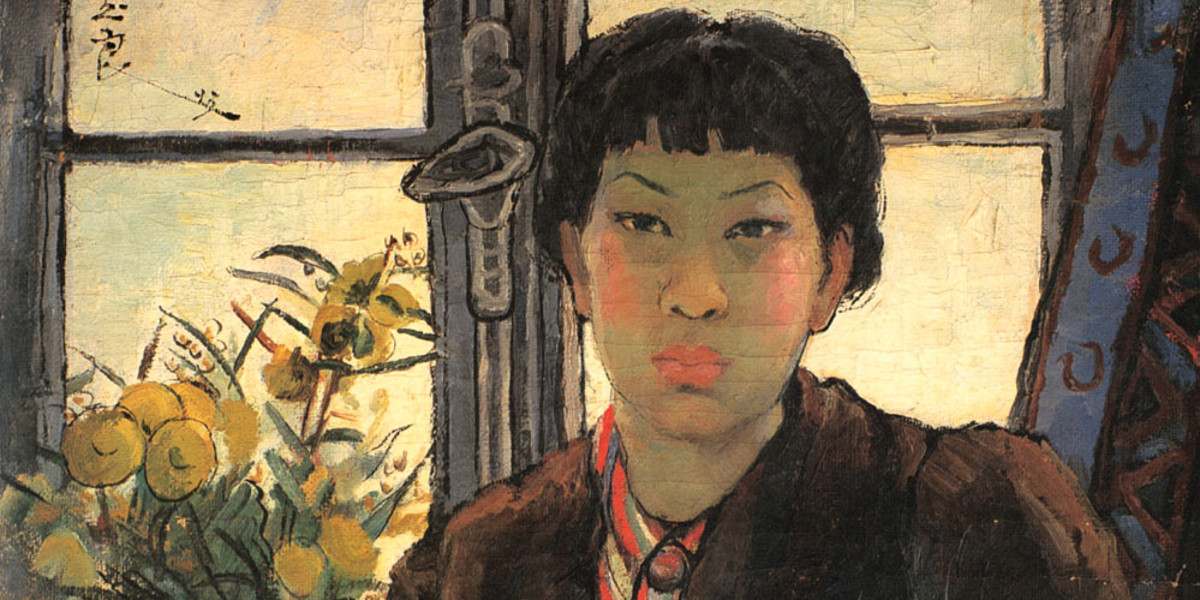In the world of fantasy, where imagination knows no bounds, Melissa Kilpatrick’s journey is a testament to resilience and hope. Her love for fantasy novels and storytelling blossomed into a powerful creative outlet, even as she faced profound personal trials. Balancing the weight of her husband’s illness and passing, Melissa found solace in crafting “Hidden Elements,” a novel born from both her escape and her deep sense of connection. Through her writing, Melissa navigated grief, turning pain into purpose and finding strength in her characters and their journeys. In this interview, we explore how Melissa’s passion for storytelling has not only helped her heal but also inspired others to find light through their own struggles.
- What inspired you to start writing fantasy novels, and how did this passion develop?
I’ve always been a voracious reader, and fantasy is my favorite genre. I’ve also always enjoyed writing, and the idea of creating a story with its own world, characters, and magic became increasingly appealing until I finally decided to try my hand at this author thing. - Can you share more about the process of writing “Hidden Elements” while dealing with your husband’s illness and passing?
As Brad was going through his cancer treatment, I tried to make everything as easy for him as I could. But at a certain point, there’s just nothing else you can do for them. So, after dinner most evenings, I would do research, create characters, build my fantasy world, and plot out how I wanted the story to progress. Once I had a very basic outline, I began filling in the gaps until my story came to life. - How did writing your debut novel help you cope with the challenges you were facing?
It was an escape, pure and simple. But it was something I could do in the same room as my husband. And something I could start and stop if he needed my attention for a moment. - What were some of the emotional or mental health challenges you encountered during this period, and how did you manage them?
They were many and myriad. I’m still processing some of them, actually. I would definitely recommend counseling or, at the very least, talking to those in your support system if you have one available. - How did the experience of publishing your first book shortly after your husband’s passing impact you personally and professionally?
Personally, it provided me with something on which to focus. The indie publishing world is not for the faint of heart. I was required to learn a great deal in a very short amount of time, so that definitely kept me occupied during a time when it would have been very easy to dwell on my misfortunes. Professionally? Before I published my first book, I had a day job doing communications for a church. I made nowhere near enough money to live comfortably. After publishing my book, I still have a day job that pays me nowhere near enough. But now, I get to pour every penny I can scrape together into the costs of publishing my novels. Maybe someday they will at least pay for themselves. We will see. - What advice would you give to other women who are navigating personal loss while pursuing their creative passions?
Just keep going. When you need help, get it from a professional, your family, your friends, or whoever you identify as part of your tribe. Don’t be afraid to ask for assistance. - Can you describe a moment or experience during your writing process that stands out as particularly meaningful or challenging?
In book two, there is a scene where a character finds her husband dead. The description of that scene is almost exactly my own experience with discovering my husband after he passed away. Writing about it was both traumatic and cathartic. But in the end, I’m glad I wrote that. It helped me process the grief a bit. - How did you find the strength and motivation to continue writing and complete your second book, “Hunted Elements,” after your loss?
First of all, the story needed to be finished. Secondly, remember when I said I don’t get paid enough? Yeah, the only advice for making a living as an author that I have heard consistently, time and time again, is to keep writing. It’s the single greatest way to move the needle. So, I’m still writing. I have also started offering copy editing, proofreading, book formatting, and web design, all skills I’ve developed through my day job, so hopefully they can help me earn extra income, as well as help other indie authors by providing a source for those services at a reasonable price. - What themes or messages do you hope readers take away from “Hidden Elements” and its sequel?
I feel like my novels contain several worthy messages, but the biggest one, by far, is “family is life.” And when I say family, I mean family by blood or by choice. Both are valid and valuable. - What are some coping strategies or self-care practices that helped you during this difficult time?
I think my biggest coping strategy has been writing my character Áine. She’s a smart ass with absolutely no filter, so every sarcastic thought that flits through my mind, she gets to say out loud. And that can be a beautiful thing. - How do you plan to continue sharing your stories and experiences through your writing?
I’ll just keep writing. I have started attending more author events and I plan to continue that, as well as spreading the word through my website and social media.
TikTok, Instagram, and Facebook: @makilpatrick.author
@makilpatrick.author







